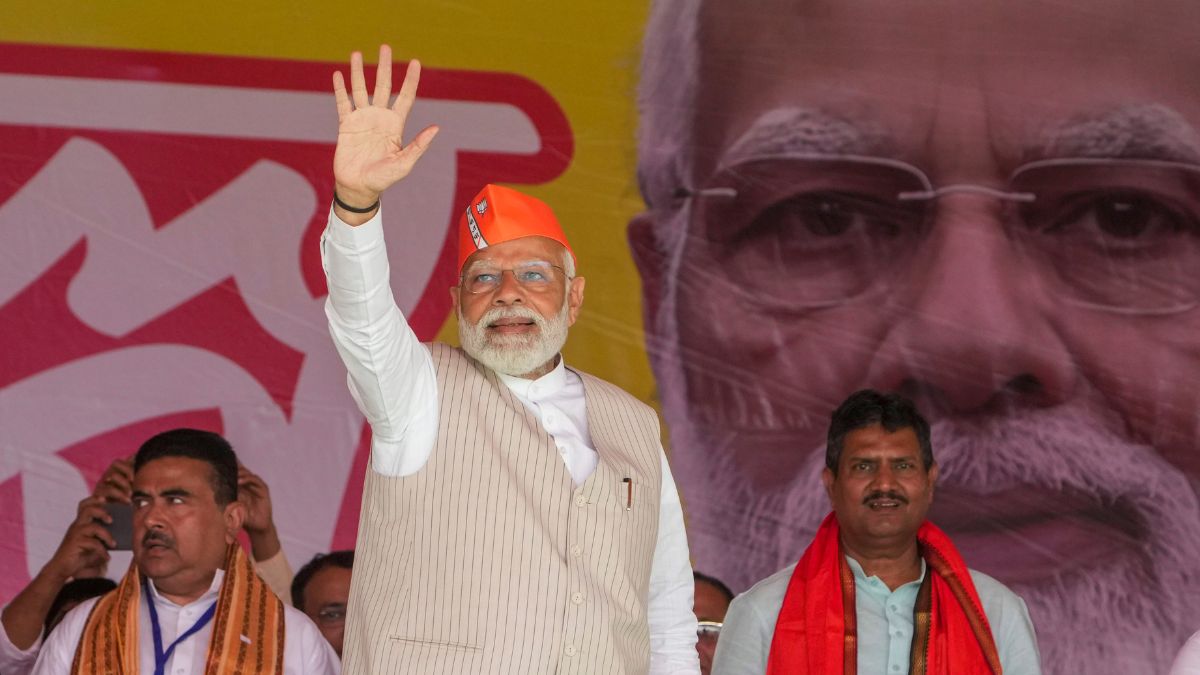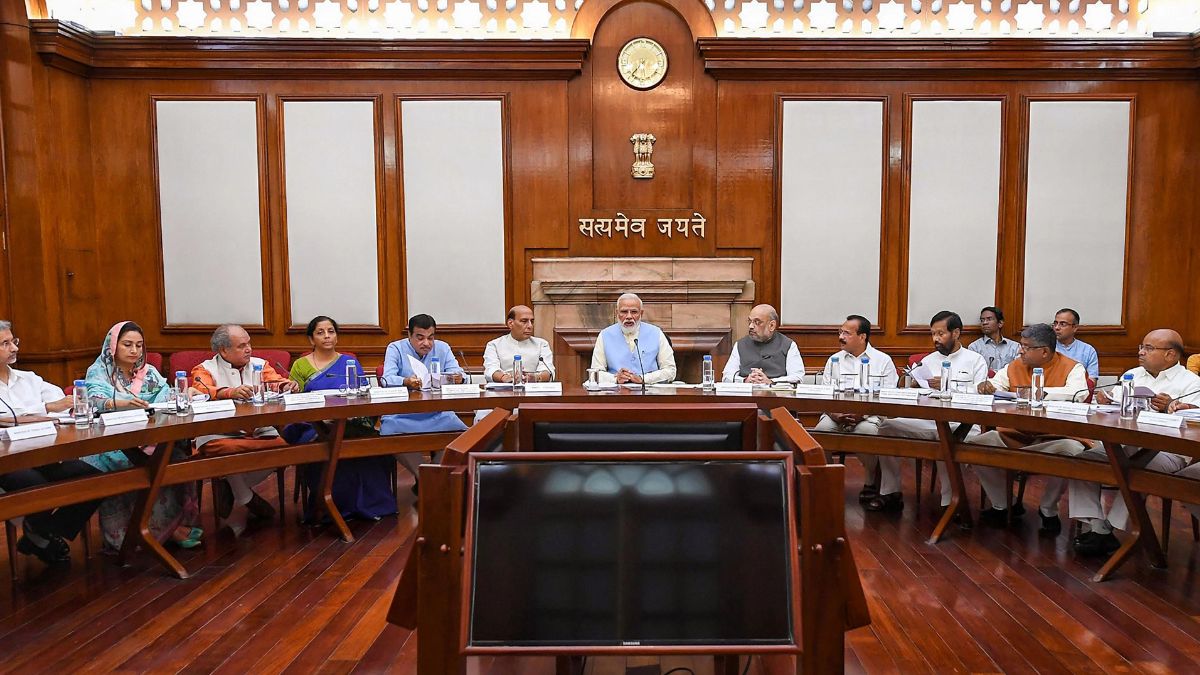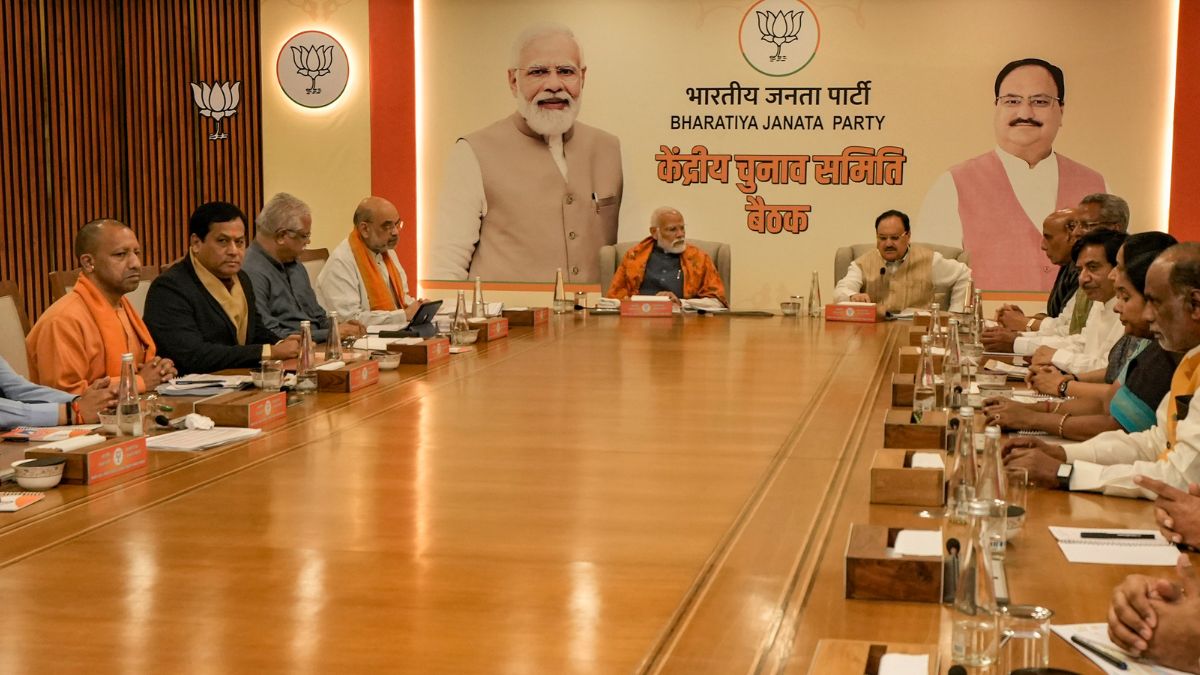Arvind Kejriwal and the AAP may have won an electoral victory on a scale hitherto unseen in any of India’s states, but despite having a complete majority in the Delhi Assembly it may not be possible for the new government to fulfil its promises very easily. Given the limited power the state government of Delhi has, here’s why Arvind Kejriwal and the central government may find themselves on opposite sides of a debate often enough:
Tackling law and order and corruption
If there’s one thing that really got to Kejriwal the last time he was chief minister, it was the fact that he had absolutely no control over the Delhi Police, its functioning or its transfers. The Police Commissioner of Delhi reports to the Union Home Minister and even other law and order bodies are caught up in a curious tangle over who really exercises control over them.
For example, take the anti-corruption wing of the government that has recently had its powers curbed. The central government in June reportedly curbed the body’s power, effectively curtailing its ability to probe agencies like the Delhi Police, Delhi Development Authority and three municipal corporations.
The AAP is unlikely to take kindly to this given its promises of a strong stance against corruption in public enterprises and will need the Centre to sanction greater powers. The Centre on the other hand may not be too keen on doing that.
Lokpal and other bills
He may have slept in a street and held a dharna, but the reason why Arvind Kejriwal quit after 49 days as Delhi chief minister was because the AAP’s effort at passing its own version of the Lokpal Bill - one that had little in common with the one Parliament passed - had failed. Given the majority he has this time round, Kejriwal and the AAP are unlikely to have any problems passing any bill they would want to.
But this is hardly the end of Kejriwal’s battles. The AAP government will still need the approval of Lieutenant-Governor Najeeb Jung, who hasn’t exactly been the AAP’s favourite person in recent times. Kejriwal clashed with Jung over the delay in calling for elections in the national capital. During his last term, Jung had advised the Speaker of the Assembly not to table the modified Lokpal Bill and had even refused to clear it, saying the Assembly wasn’t competent enough to pass it.
It isn’t very certain if Jung will be willing to play ball this time round. It wouldn’t be too far fetched to expect a war of words between the new chief minister and the Lieutenant Governor, a representative of the central government, to take place yet again.
Civic powers
In every meeting with a central government minister on Wednesday, Kejriwal pushed the cause of full statehood for the national capital. This could mainly be because none of the three key municipal bodies - New Delhi Municipal Council, Municipal Corporation of Delhi and Cantonment Board - that control all civic facilities in the national capital are under Kejriwal’s control.
“There are 57 areas under the Delhi Development Authority (DDA) and about 60 items under MCD where the Delhi government cannot do anything without the Union government’s approval. MCD cannot take even simple decisions like increasing the fine for littering on the street; the central government can do so,” Shailaja Chandra, a former chief secretary of Delhi, is quoted as saying in a Business Standard report .
Land
The Delhi government has no direct control over land in the capital and has to ask for it from the Centre. The AAP in its manifesto has promised more schools, colleges and hospitals for the national capital but the delivery will depend greatly on co-operation from the Centre and its sanctions.
Full statehood
On his first day on the job, Kejriwal has already put his demand for full statehood for the national capital to two union ministers. But given even the BJP didn’t promise it in their manifesto, the AAP is unlikely to get its way very quickly. And as this report points out, even if the Modi government did decide to play ball and passes the legislation in the Lok Sabha, the Rajya Sabha remains a roadblock for now.
Kejriwal has shown he’s willing to engage with other political parties, but it remains doubtful whether he’d be able to evolve a broad based consensus among politicians of all hues after calling them many unsavoury things in the past.


)




)
)
)
)
)
)
)
)